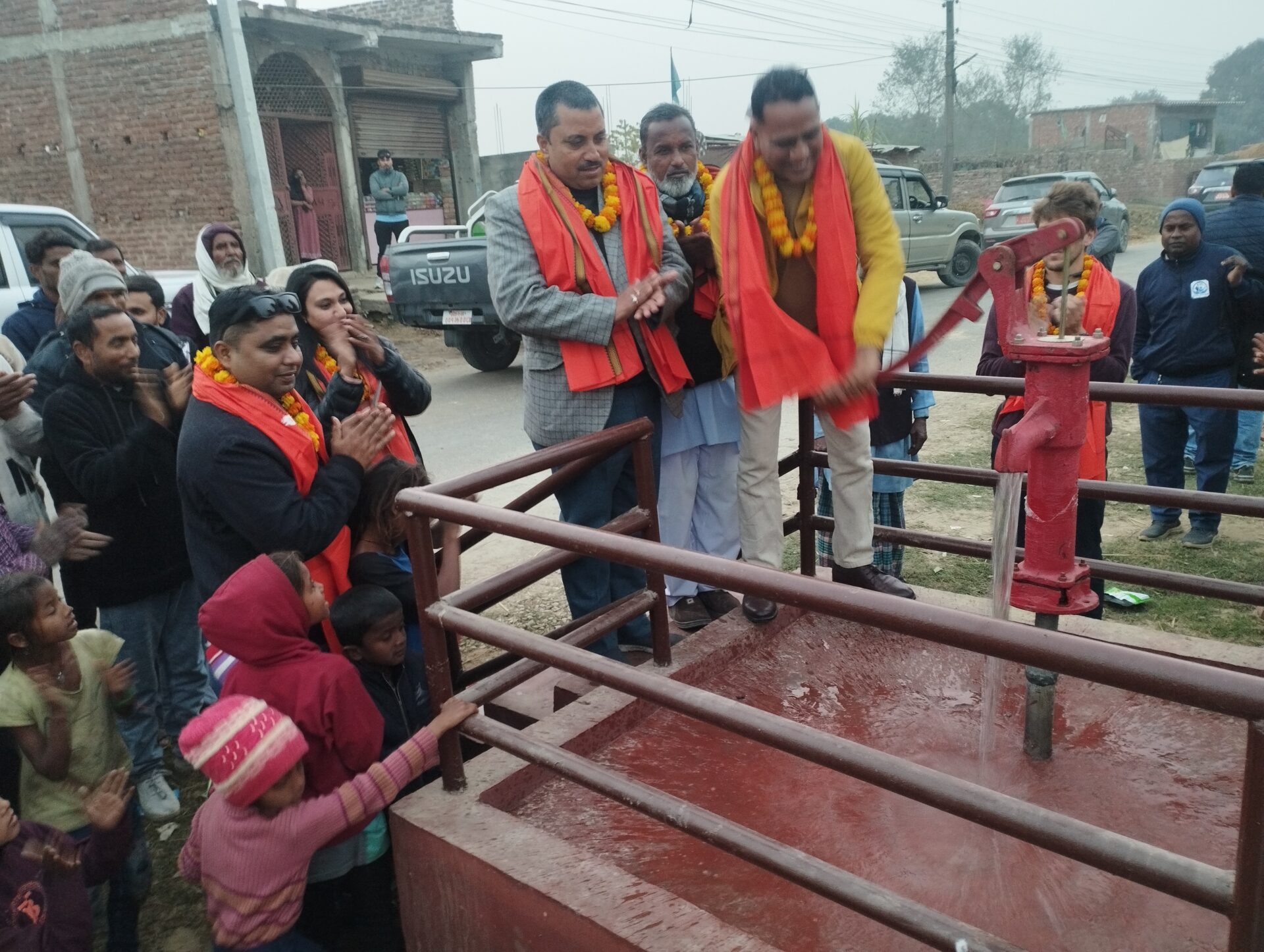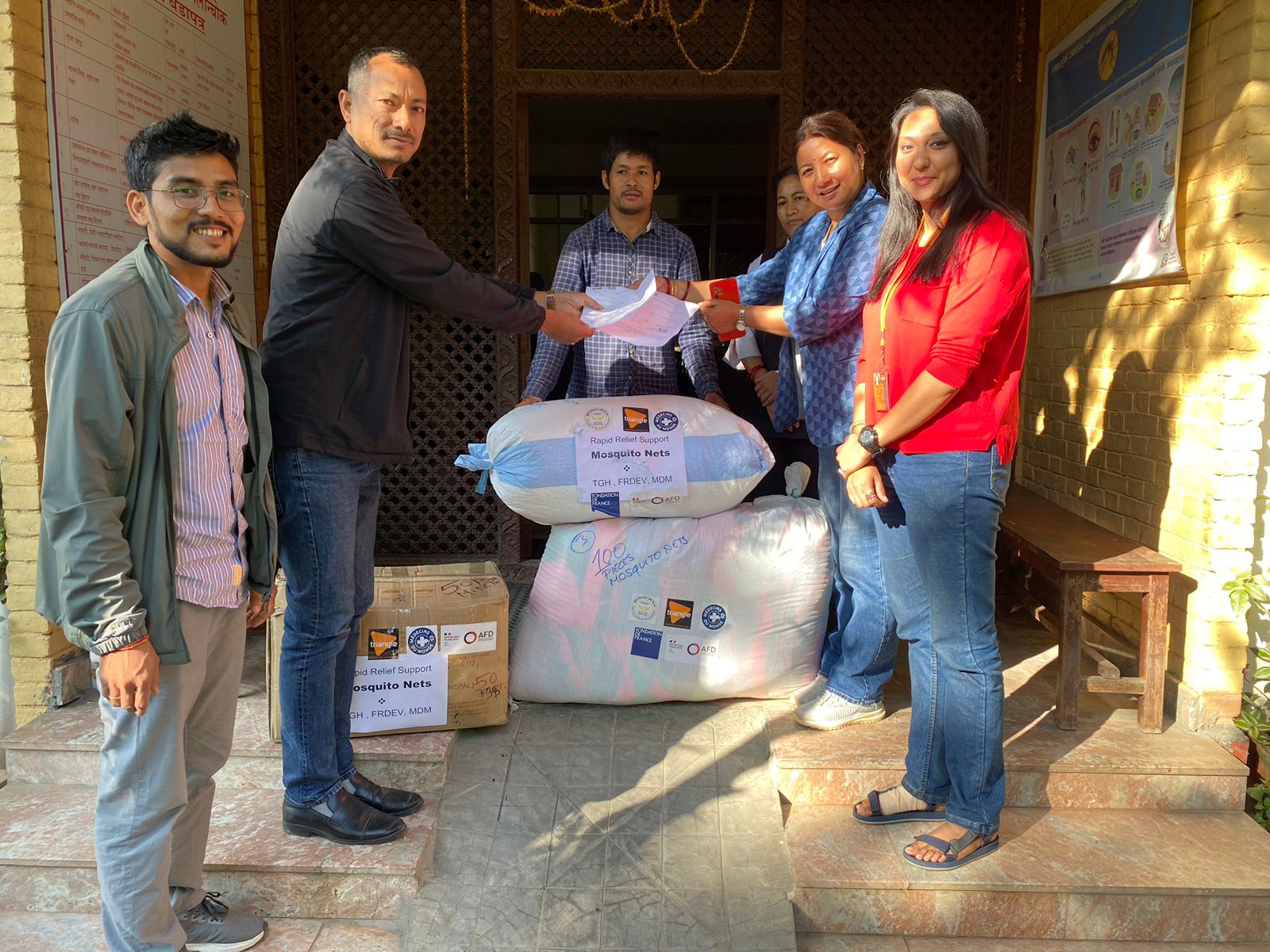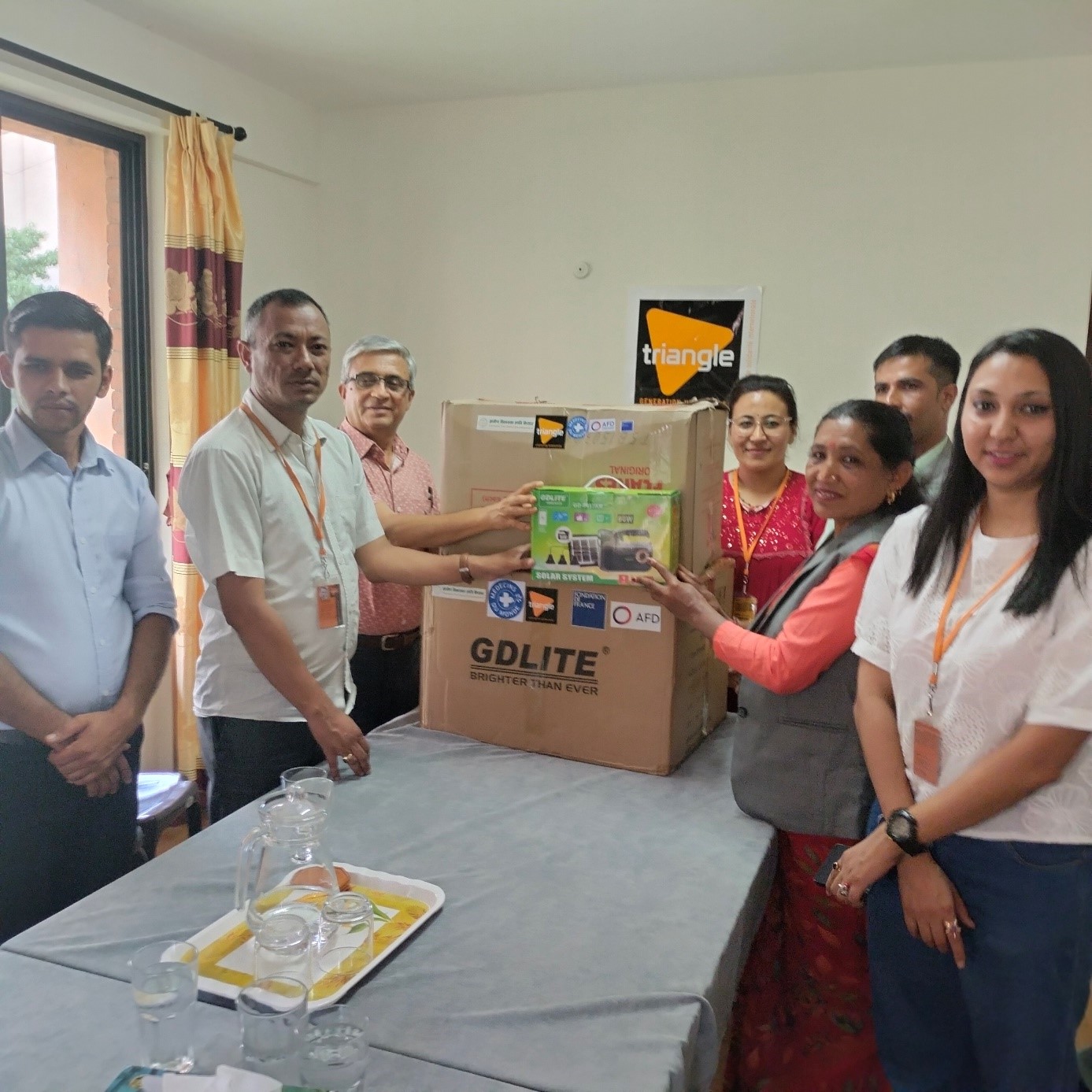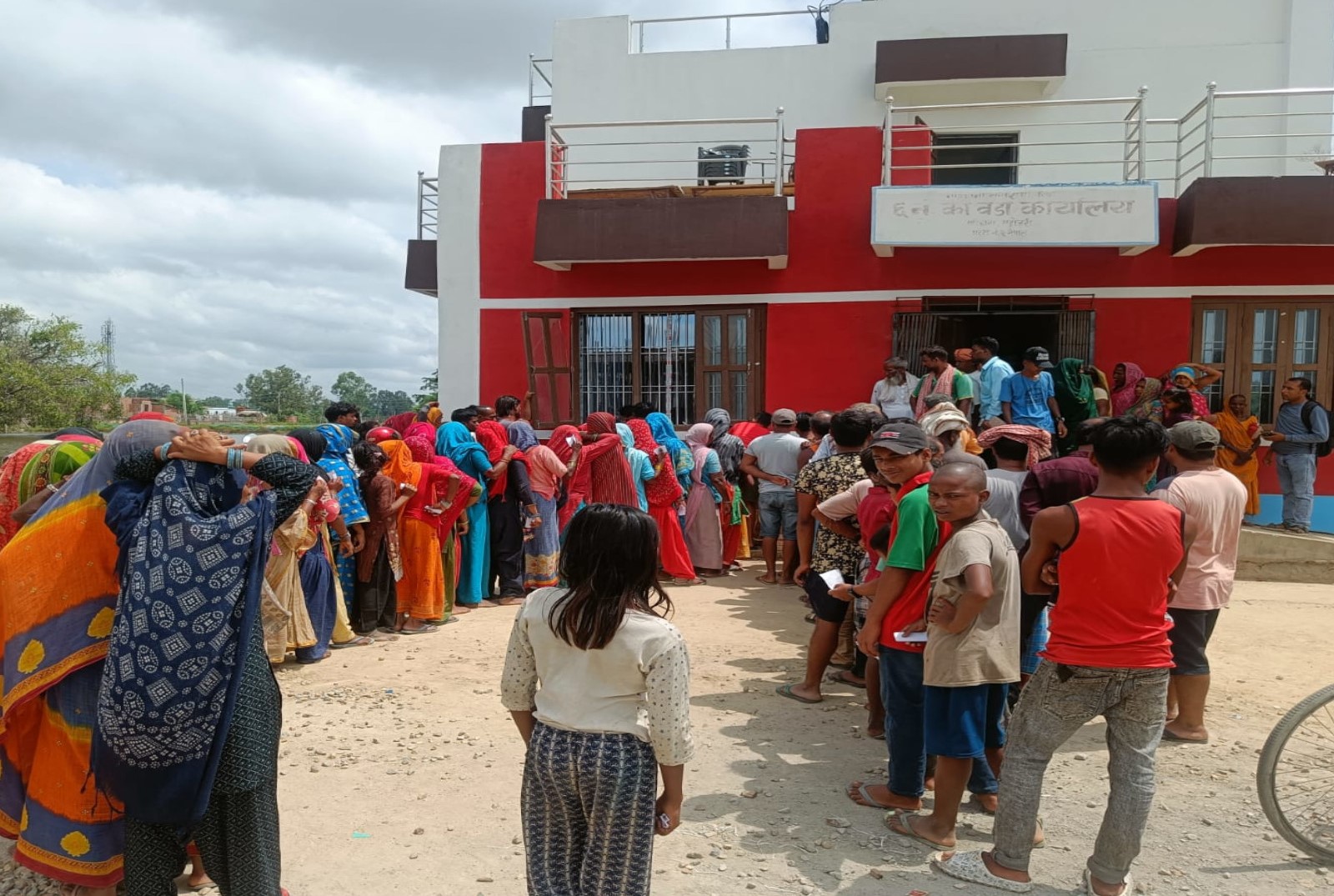Beneficiaries
13,297
Duration
01/03/20 > 31/08/23
Total budget
€1 ,100,000
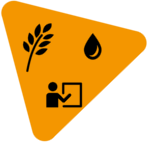
Multisector
Funding

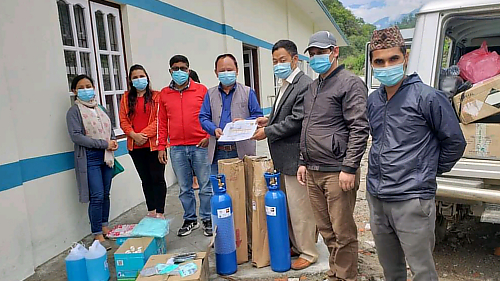
Programme details
Partner
- ARSOW-Nepal (Association for Rural Social Welfare)
In response to the earthquakes in April and May 2015, TGH, in partnership with ARSOW-Nepal, set up an Integrated Global Reconstruction Programme (IGRP1) to provide an emergency response to the affected households in the rural municipality of Panchpokari Thangpal (Thangpaldhap, Thangpalkot and Gunsakot villages – Sindhupalchok district).
In September 2016, TGH and its partner ARSOW-Nepal began the second phase of this programme (IGRP2), aimed at rebuilding houses and community infrastructure, rehabilitating drinking water and irrigation networks and providing economic support to the most vulnerable, again in the Sindhupalchok district (in the 3 villages mentioned above as well as in the neighbouring village of Bothang). The third phase (IGRP3) focuses more on the economic development of families and communities living in the rural municipality of Panchpokari Thangpal, where agriculture is the main source of income.
The aim of this project is to strengthen the operational and technical capabilities of local players and communities in order to support the socio-economic transition initiated under the IGRP2, through three major areas of intervention.
The first priority is to build the capacity of local players and create a regional information centre to make local farming practices more sustainable. The creation of an agro-pastoral information centre will give producers access to technical information on agriculture, livestock farming and environmental protection, as well as national decisions and/or commercial information on supply and marketing channels. In addition, the training of Rural Municipality members in micro-project management and the training of technicians in resilient crop production and environmental protection will help to strengthen the skills of those responsible for supporting the socio-economic development of rural populations.
The second axis aims to introduce and develop organic farming techniques, notably through the creation of a model farm to disseminate organic production techniques, the training of “farmer leaders” in organic production, labelling procedures and marketing methods, support for the labelling of organic production and the creation of nurseries for the production of locally adapted seeds. In addition, the organisation of a system of co-operatives at commune and rural municipality level aims to strengthen farmers’ groups. The aim is to provide all producers with the information and resources they need to carry out their projects and ensure they have a sufficient and sustainable source of income. At the same time, support is given to producers to develop other crops (radishes, cabbage, chillies, tea) for export. The development of the cooperative system and support for the marketing of produce have helped to create an environment conducive to the development of the local economy.
Lastly, the third priority will be to strengthen the forest users’ committees in order to mitigate some of the effects of climate change, including support for stepping up tree planting at regional level in order to reduce rainwater run-off and encourage infiltration, thereby creating richer, more fertile soils in the long term. Reforestation will also help to protect certain roads from landslides, thereby facilitating trade in the valley.
The project also includes activities to prevent natural disasters and the risks associated with climate change, environmental conservation awareness-raising activities and specific training on climate issues for members of cooperatives, forest user committees and community organisations.
The project also includes a WASH component to improve access to water, sanitation infrastructure and a healthy environment, with the renovation and/or construction of water networks and public sanitation facilities, the creation of water management committees, awareness-raising activities on good hygiene practices, the development of a local household waste management plan, the introduction of individual and collective biogas systems and awareness-raising activities on renewable energies.
Capacity building for local stakeholders (Rural Municipality, communes, farmers’ cooperatives) and our partner, ARSOW-Nepal, is a challenge that the project is tackling, in particular through training, mobilisation of human resources and field visits. This project follows a participatory methodology insofar as the beneficiaries and local stakeholders are directly involved in its implementation through coordination committees, within which the activities are discussed and designed. Community consultation and contribution to the project ensures that beneficiaries take ownership of the project and that it meets their needs as effectively as possible.
